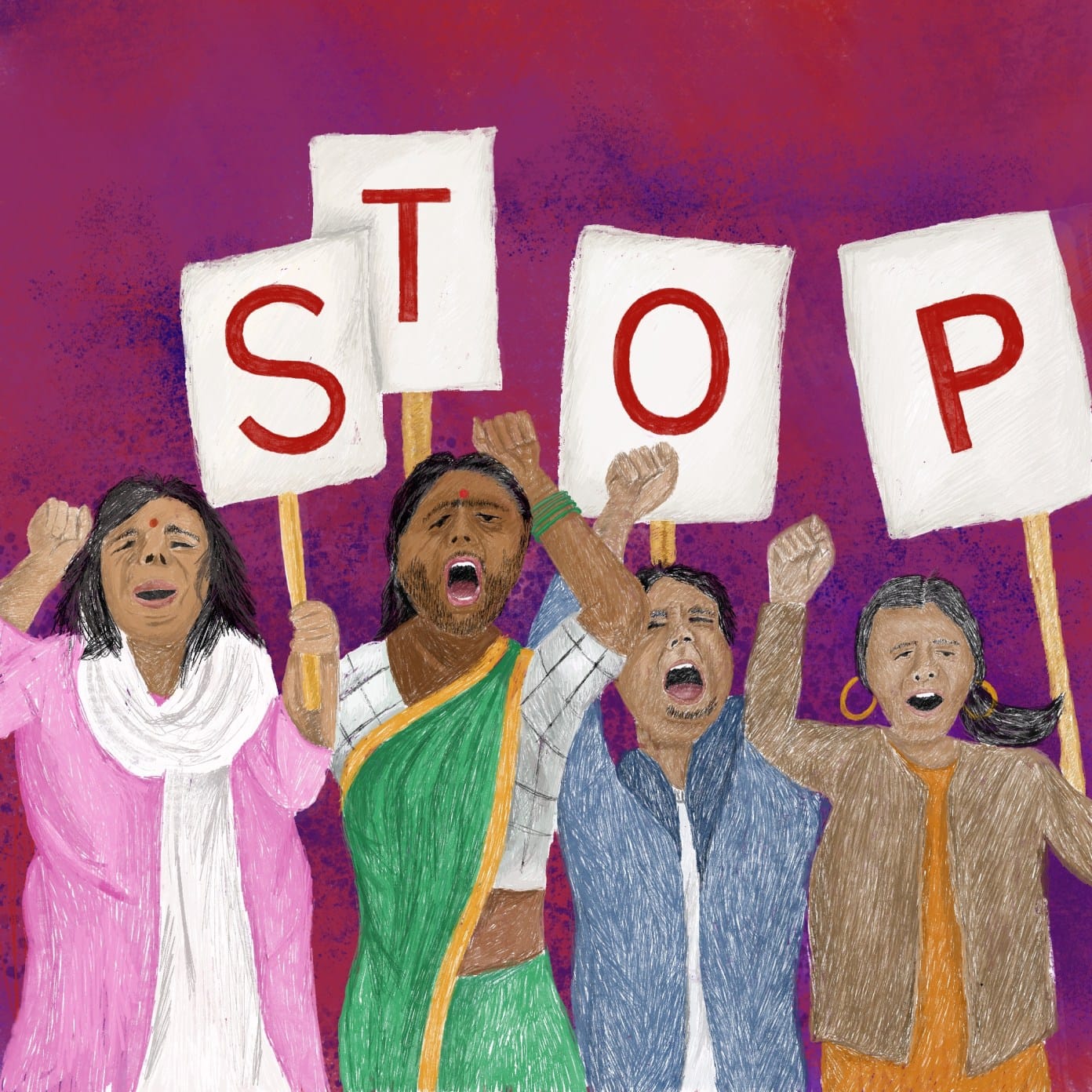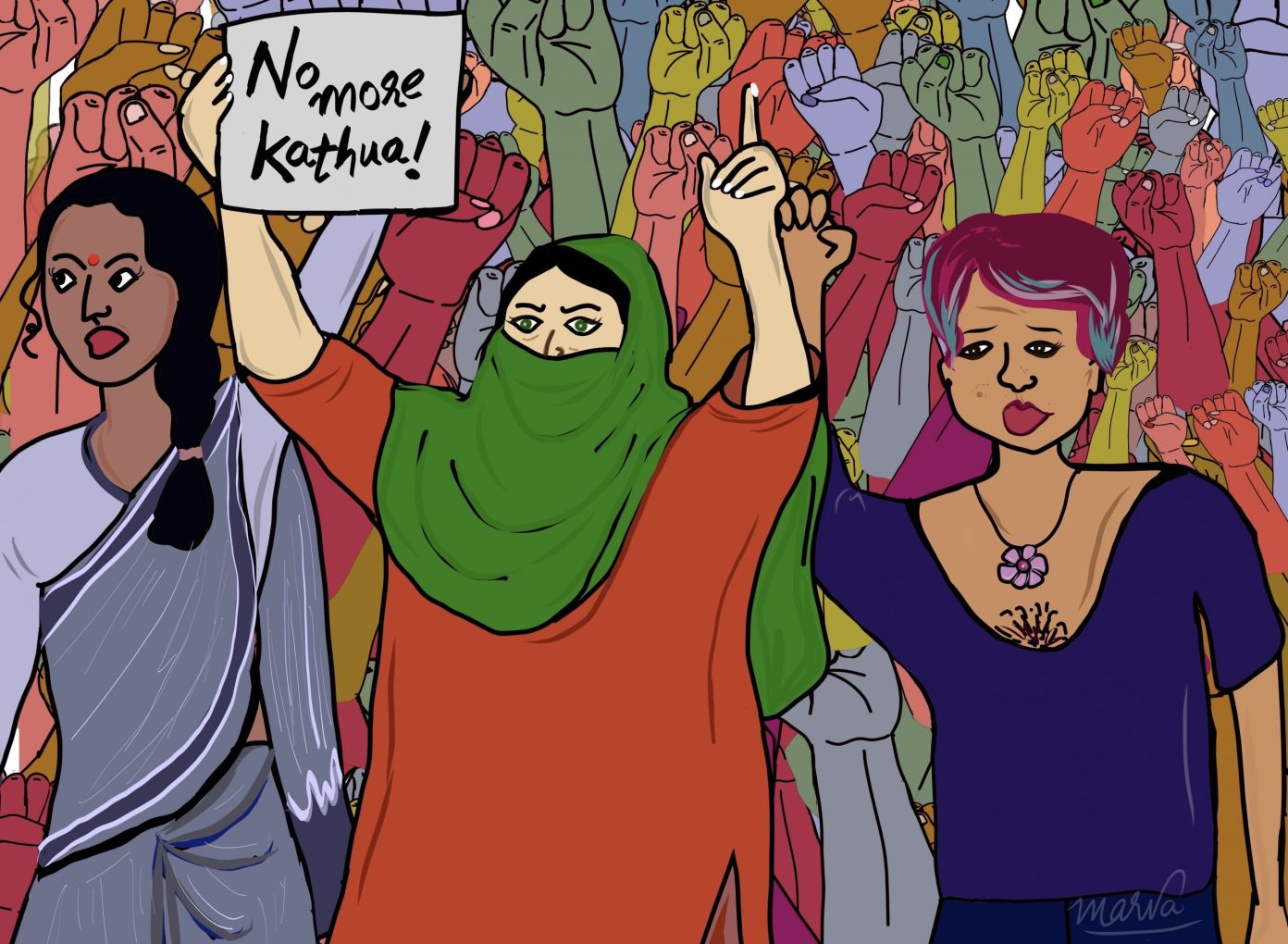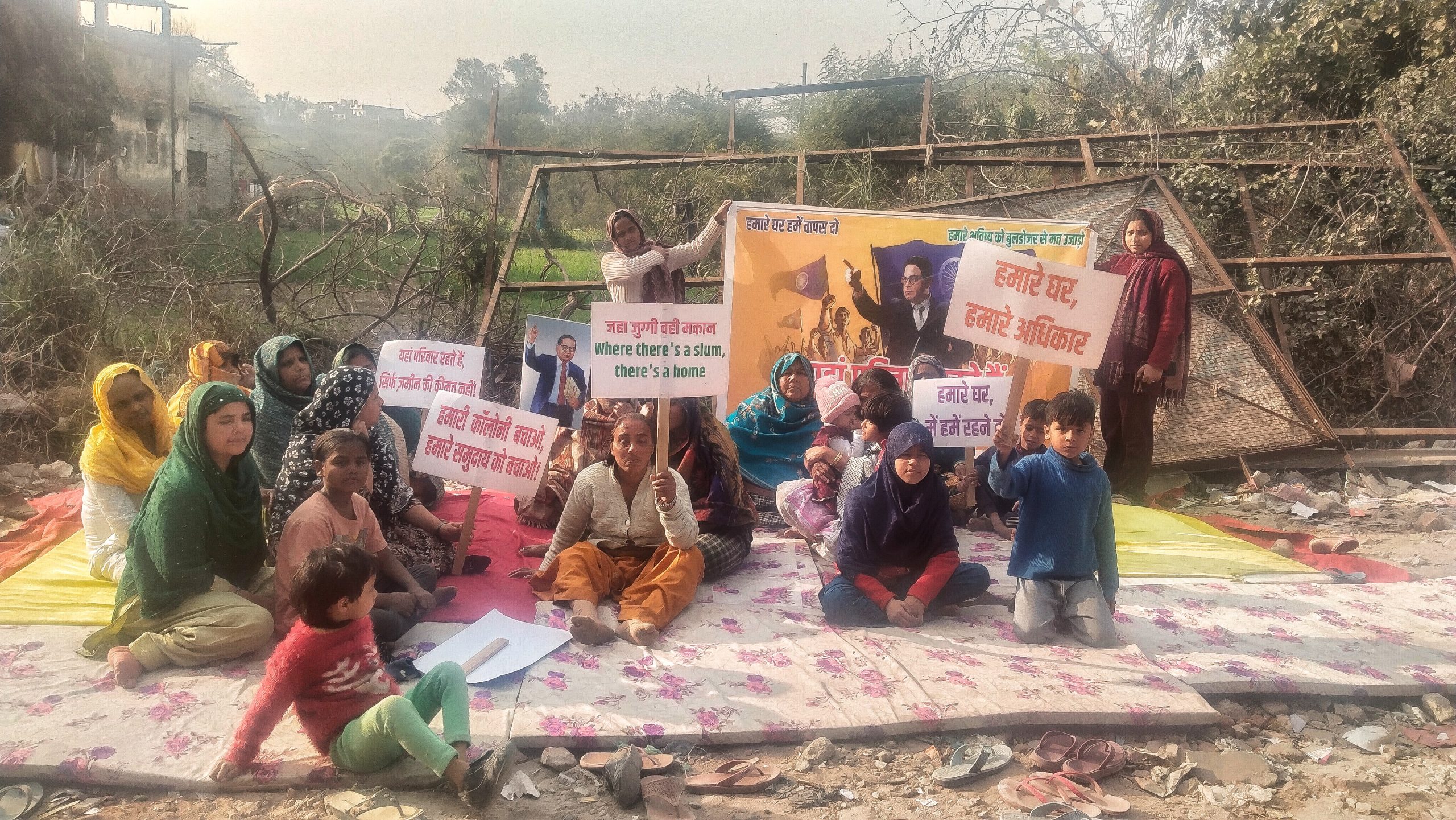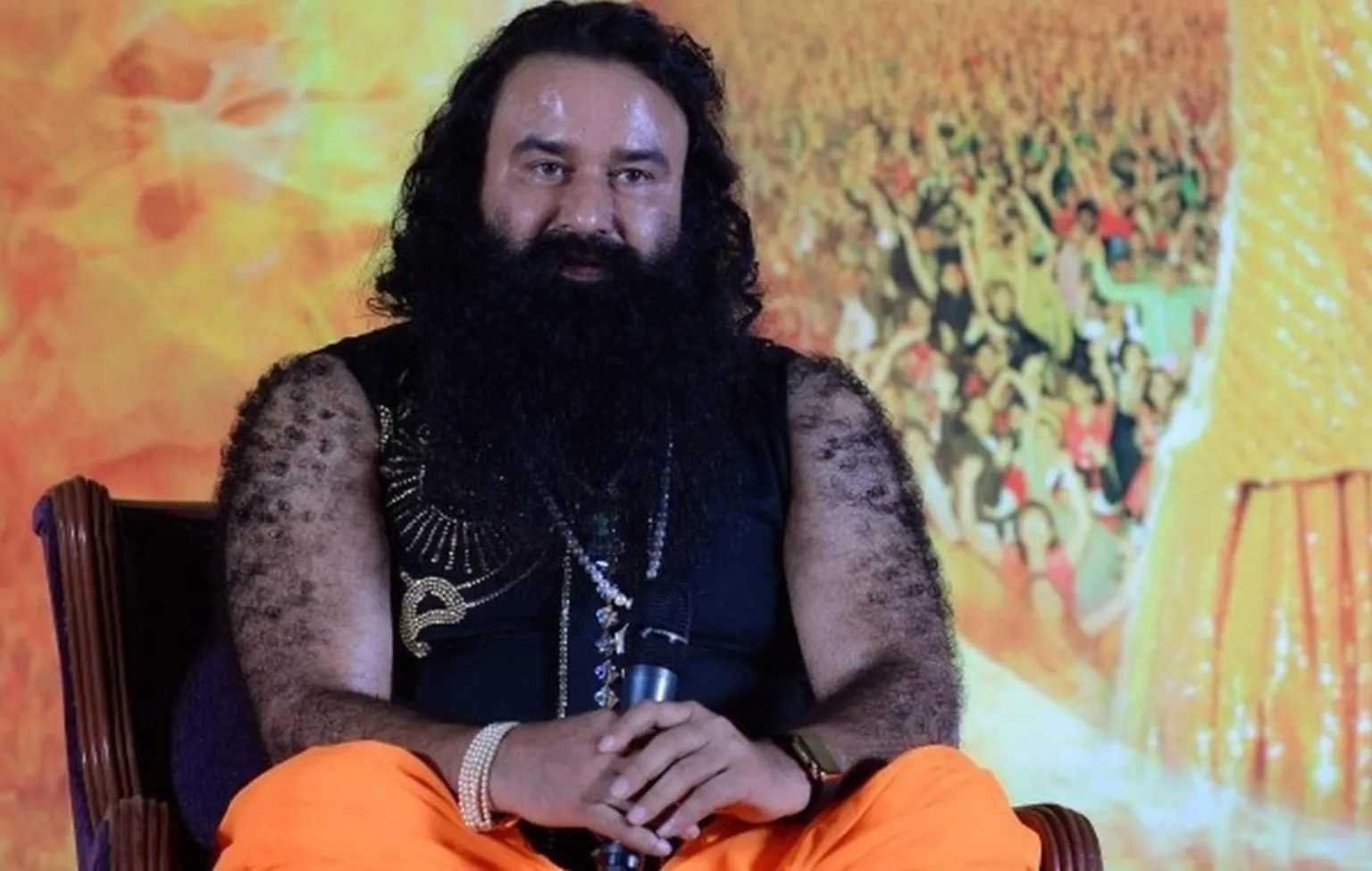The recent revelations of a prolonged sexual abuse of an 18-year-old Dalit athlete in Kerala have reignited debates about caste, gender, and the systematic failure to protect marginalised people.
According to the National Crime Records Bureau (NCRB), India registered over 31,000 rape cases in 2022, an average of 86 daily. While most stay in the mainstream for a day or two, there have been cases that have marked widespread unrest in the country and questioned the laws and their implementation in order to safeguard the country’s women. Mathura, the 2012 rape case, and Hathras, amongst others, all became landmarks to stand up against the deep-rooted patriarchy of Indian society. Yet, after nearly five months of the tragic Kolkata rape-murder case, yet another low of Indian society blows into the air, trauamatising its women and bamboozling its admirers.
System’s failure
In a horrifying incident, an 18-year-old Dalit female athlete alleged that she was sexually abused by more than 60 men over the past five years. The news comes from Pathanamthitta town of Kerala, where the Special Investigation Team (SIT) has registered 29 cases across five police stations in the state and arrested 43 individuals in connection to the case so far. The victim, reportedly assaulted by 63 people over the period of five years, told the shocking details of abuse she has suffered to the volunteers of the Kerala Mahila Samakhya society, who, during a routine visit, learnt about the girl’s ordeal.
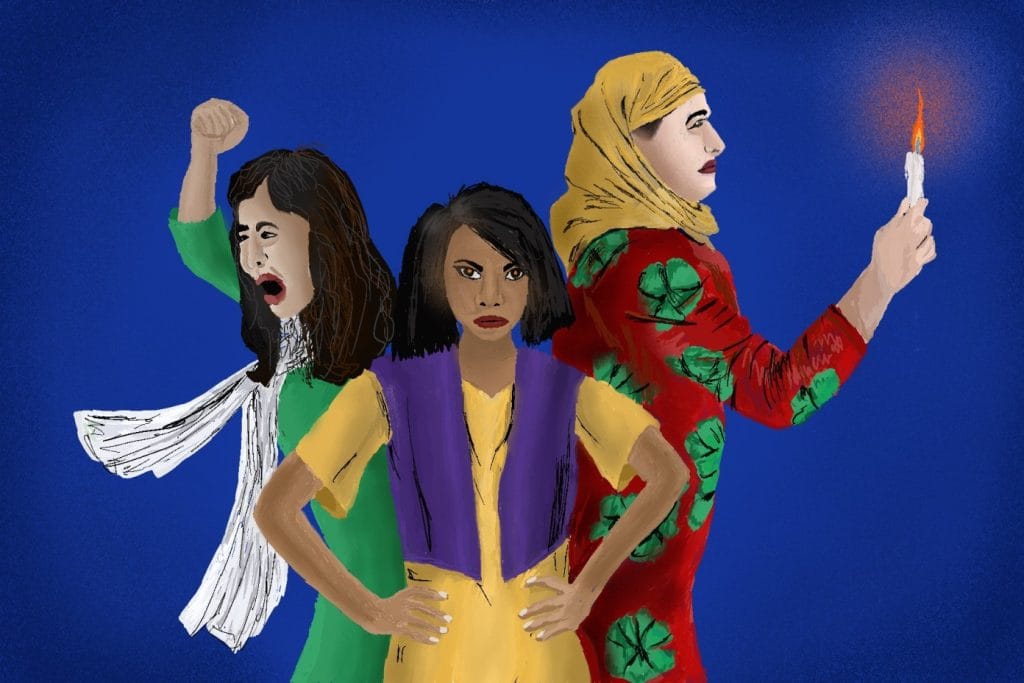
Acting quickly on the horrible situation, they alerted the district Child Welfare Committee (CWC), who in turn informed the police. SIT, upon taking up an investigation of the case, got in touch with the victim’s family and analysed her possessions, like her diary and her father’s phone, which she had been using, to learn the whereabouts of the accused.
The arrested individuals include three minors and four students enrolled in class 12th. The SIT also identified several accused currently residing abroad. FIRs were registered against the accused under the Protection of Children from Sexual Offences (POSCO) Act, the Scheduled Castes & Scheduled Tribes (Prevention of Atrocities) Act, 1989, and multiple other sections of the IPC have been imposed that guarantee imprisonment of a minimum of seven years to the culprit.
The assaults reportedly began when she was 13 years old and were perpetrated by acquaintances, coaches, and classmates, all exploiting her role as a sportswoman. Upon identifying the accused, most of whom are aged between 17 and 28, the victim, in her statement to the police, said that when she was 13 and Subin (24), who is the son of her father’s friend, lured her by showing vulgarity and obscene pictures on his mobile phone. This was followed by recurring sexual abuse. This case has shook the people of the state.
In 2016, three men raped a Dalit nursing student in Varkala district of Kerala. Newspapers and media labelled the case as ‘Nirbhaya 2,’ a reference to the 2012 gang rape of a medical student in Delhi that triggered nation-wide protests. The news of a teenager being sexually assaulted by over 60 men—men even double her age—for over five years proves how endemic caste is in rural as well as urban India and how much it overpowers the progressive institutions and literate populace of Kerala.
Dalit women bear the brunt
In modern academia as well as journalistic work has been done on how justice is swayed for victims of rape who belong to the lowered caste community. The strength of Indian society, on which its constitution is designed, haunts the very sections that the law aims to protect. This discrimination is due to the existent extremism of dominant religions, upper castes, and patriarchal institutions of the society whose privilege curtails their punishment, resulting in the continuance of casteist and misogynistic practices.
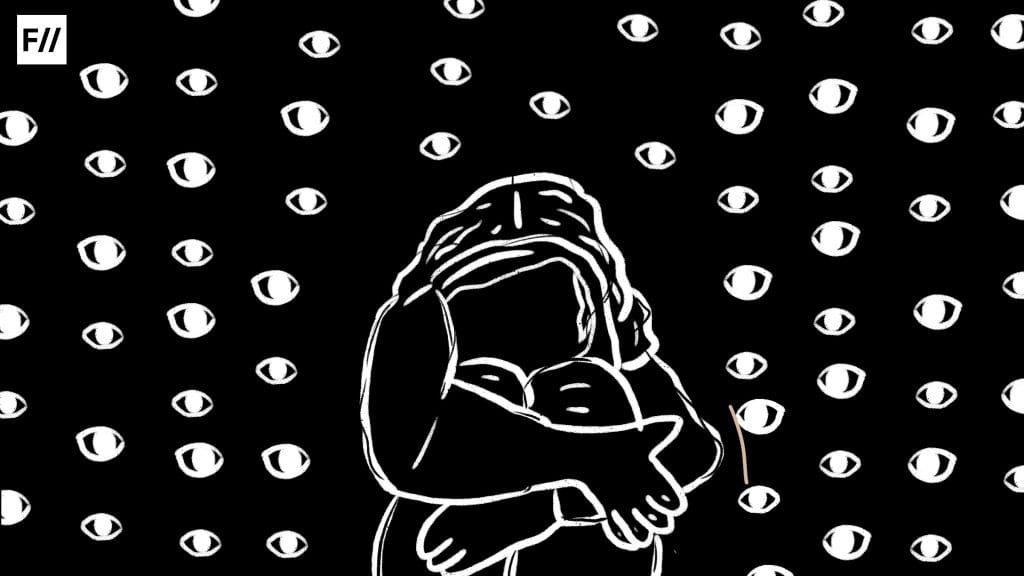
In his book “Caste Matters,” Suraj Yengde emphasises how for some Dalit women, their existence remains a burden, and the future of their daughters is that of continued oppression and swayed justice. Dalit women, who comprise 16 percent of India’s female population, face a “triple burden” of gender bias, caste discrimination, and economic deprivation.
“The Dalit female belongs to the most oppressed group in the world. She is a victim of the cultures, structures, and institutions of oppression, both externally and internally. This manifests in perpetual violence against Dalit women,” says Dr. Yenge in an article published by the BBC, highlighting the Hathras rape case as the precedent of crimes against Dalit women in India.
Dalit women, the easy targets of caste and gender abuse
For a case to unfold in the country’s most literate state clearly outlines how caste and gender-based norms oppress these women and overpower education and the law. The failure and inefficiency of the law in Hathras becomes the clearest example of what these women are up against. They remain in the shackles of fear against the upper class, against male perpetrators who sway justice, and against a system that is corrupted by deep-rooted casteism and misogyny.
The issue of caste in India has majorly been viewed either through the intersection of caste and labour or that of caste and class. In the 1990s, drawing inspiration from Black Feminism in America, the intersection of caste and gender, or the intertwining of Brahmanism and patriarchy, didn’t remain invisible anymore.
An invisible state
The BBC reported that “the aftermath of the recent rape and murder of a woman in Hathras, Uttar Pradesh, allegedly by upper caste men, played out the way it usually does when a Dalit woman is attacked: police are slow to register a complaint; investigations are tardy; officials raise doubts there was a rape.” These institutions, in accordance with the law of the land, should possess no linkages with caste; nonetheless, authorities appeared to side with the upper caste perpetrators. The Hathras case remains an important example of the situation of Dalit women, sandwiched between the intersection of caste and gender, facing oppression from upper caste men and a corrupt state.
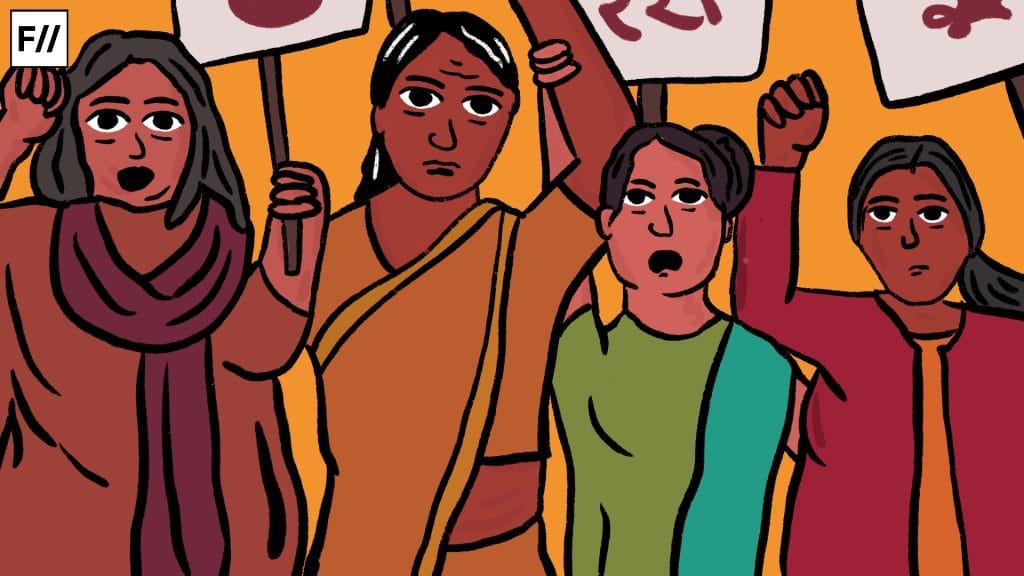
In the aftermath of the Kolkata rape case at RG Kar hospital, West Bengal CM, Mamta Banerjee faced backlash over the safety of women in the state. The leader was further criticised when she joined the protests against the accused, with netizens calling the move a publicity stunt and even nonsense, since it was her government that was being condemned popularly in the state at that time. Radical feminists have always seen the state as a slave to patriarchy and that unless both are replaced completely, nothing would be resolved for good.
About the author(s)
Zubair Abdullah is a Sociology major at Jamia Millia Islamia, who writes on
Colonisation, gender and Muslims. He likes to take interest in understanding
Neo-colonial and Neo-liberal theories and their practices in the current world.
European women during World War 1, History of Anti–Semitism and Hindutva
are his current topics of interest.
